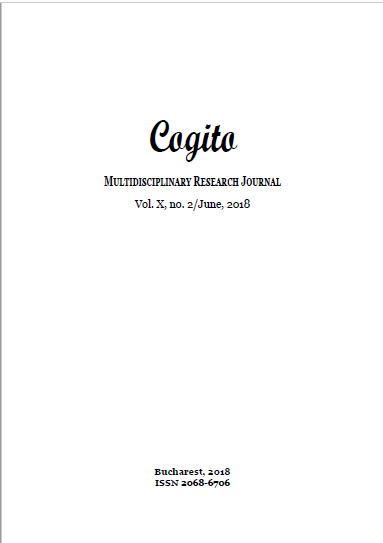HUMEAN DESIRE AND ANTI-HUMEAN BELIEF: REVISITING THE DEBATE ON MORAL MOTIVATION
HUMEAN DESIRE AND ANTI-HUMEAN BELIEF: REVISITING THE DEBATE ON MORAL MOTIVATION
Author(s): Olusola Victor OlanipekunSubject(s): Ethics / Practical Philosophy, Evaluation research
Published by: Editura Pro Universitaria
Keywords: Moral Motivation; Humeanism; Desire; Anti-Humean; Belief;
Summary/Abstract: The paper examines the two major theses defended by scholars on the question of the source/content of reasons for moral actions or moral motivation. The first position is desire-based thesis (DBT) or Humean thesis meanwhile the second is non-desire based thesis (NDBT) or Anti-Humean position. The main issue between them has to do with whether the constituent elements of motivating reason always include desire. The Humeans argued that appropriate desire with relevant belief are the constituent elements of motivating reason. Meanwhile, Anti-humeans argued that belief alone is sufficient to motivate. Thus, due to this controversy, scholars argue that the Humeans’ and Anti-Humeans’ views are antithetical. In fact, it is believed that the rivalry or tension between these two is a forceful one. However, this paper argues that contrary to the above views, Anti-Humean thesis could be made to accommodate Humean thesis at certain level of discussion. It further argues that the debate between these two sides have not paid adequate attention to the special role of belief, whereby we have desire-generating belief. Clarifying the role of belief as well as its various interpretations presents a better background for developing a plausible theory of moral motivation.
Journal: Cogito - Multidisciplinary research Journal
- Issue Year: 2018
- Issue No: 2
- Page Range: 19-33
- Page Count: 15
- Language: English

